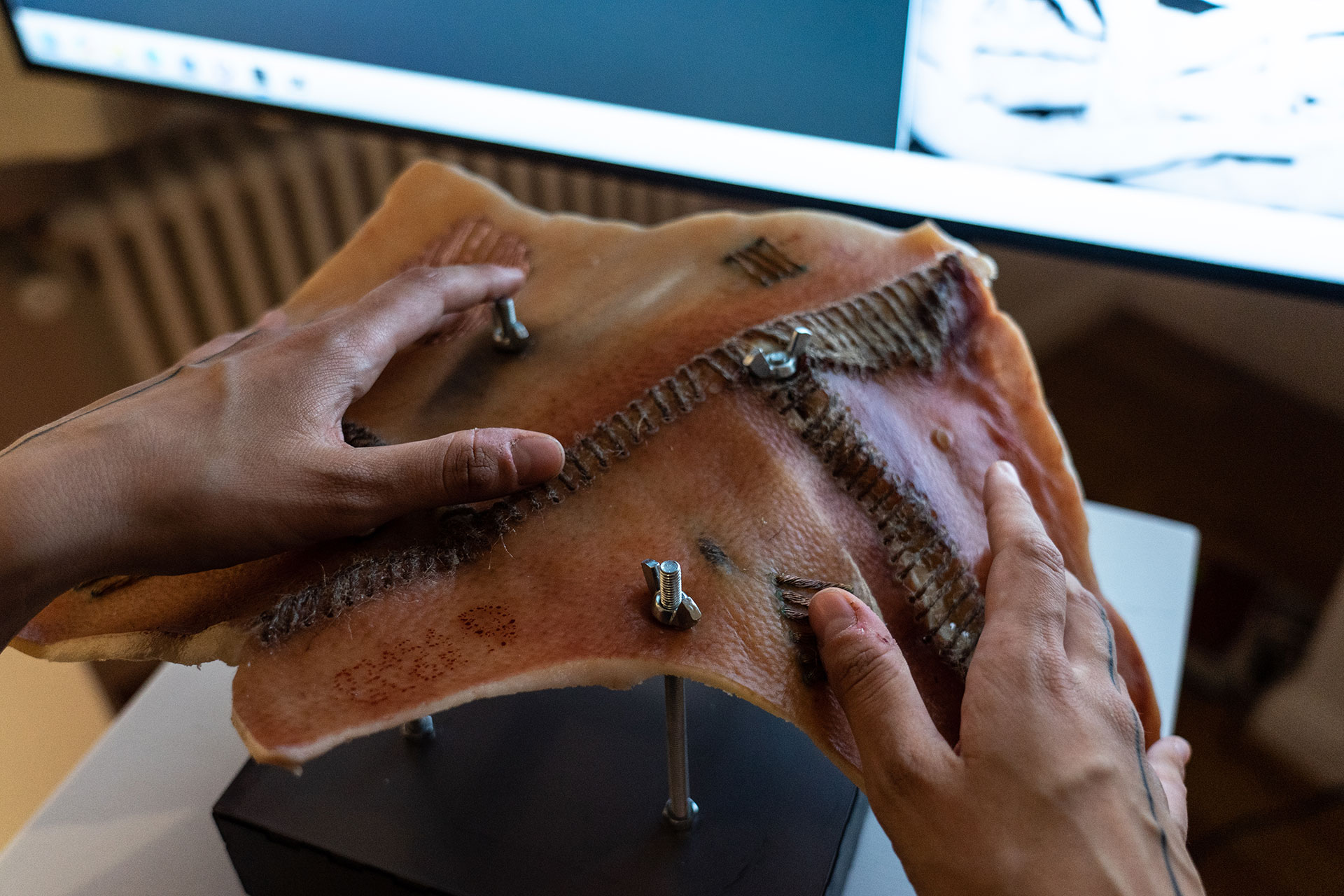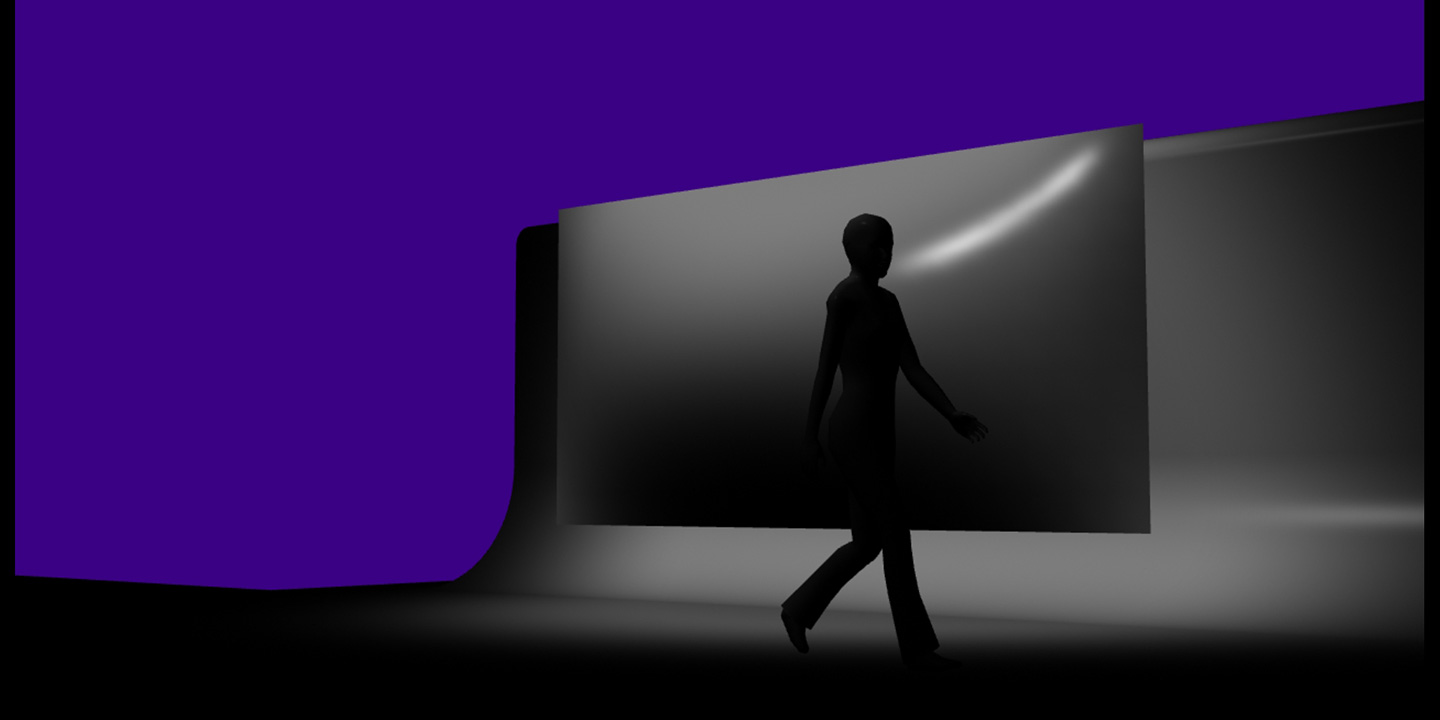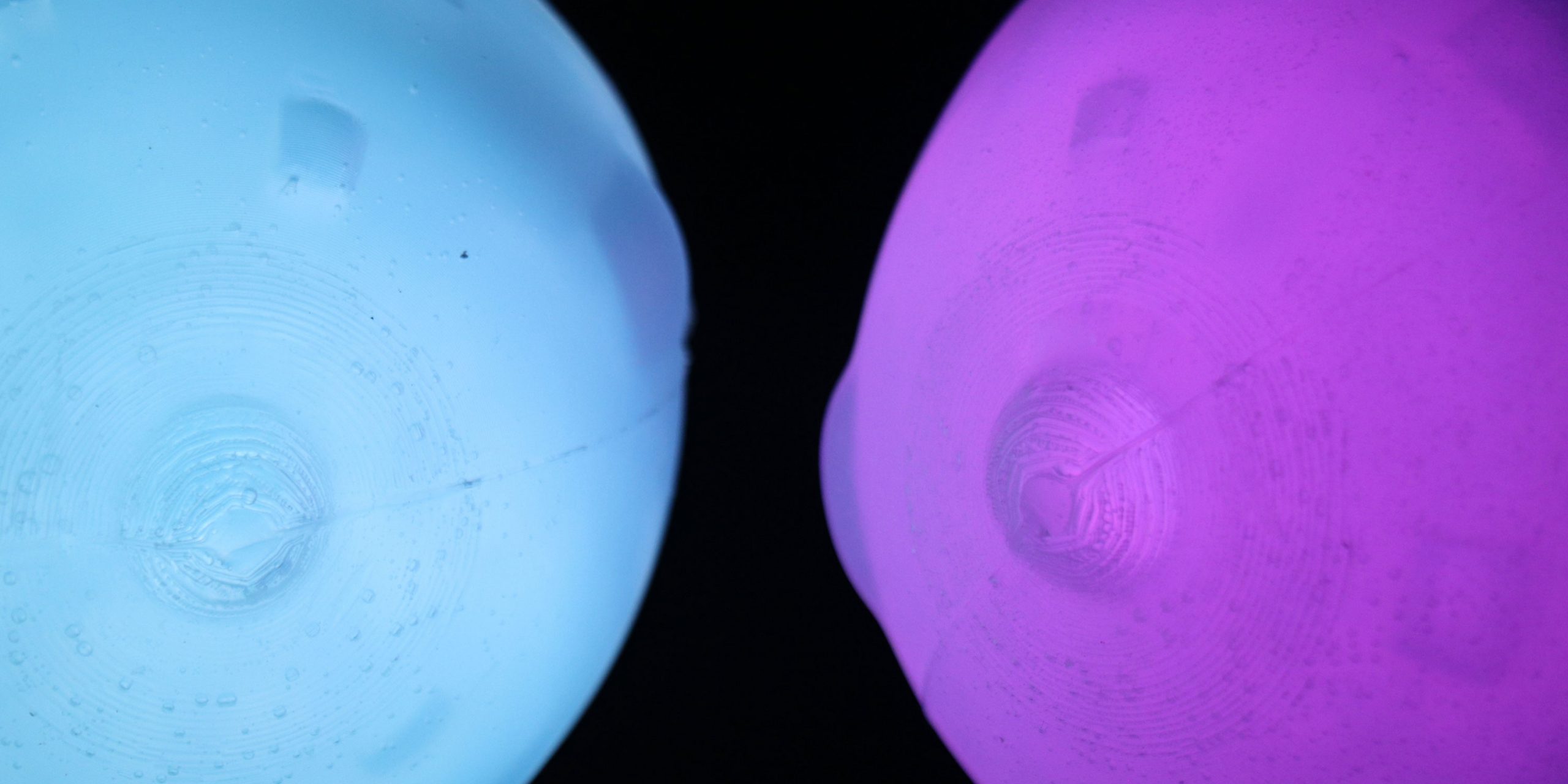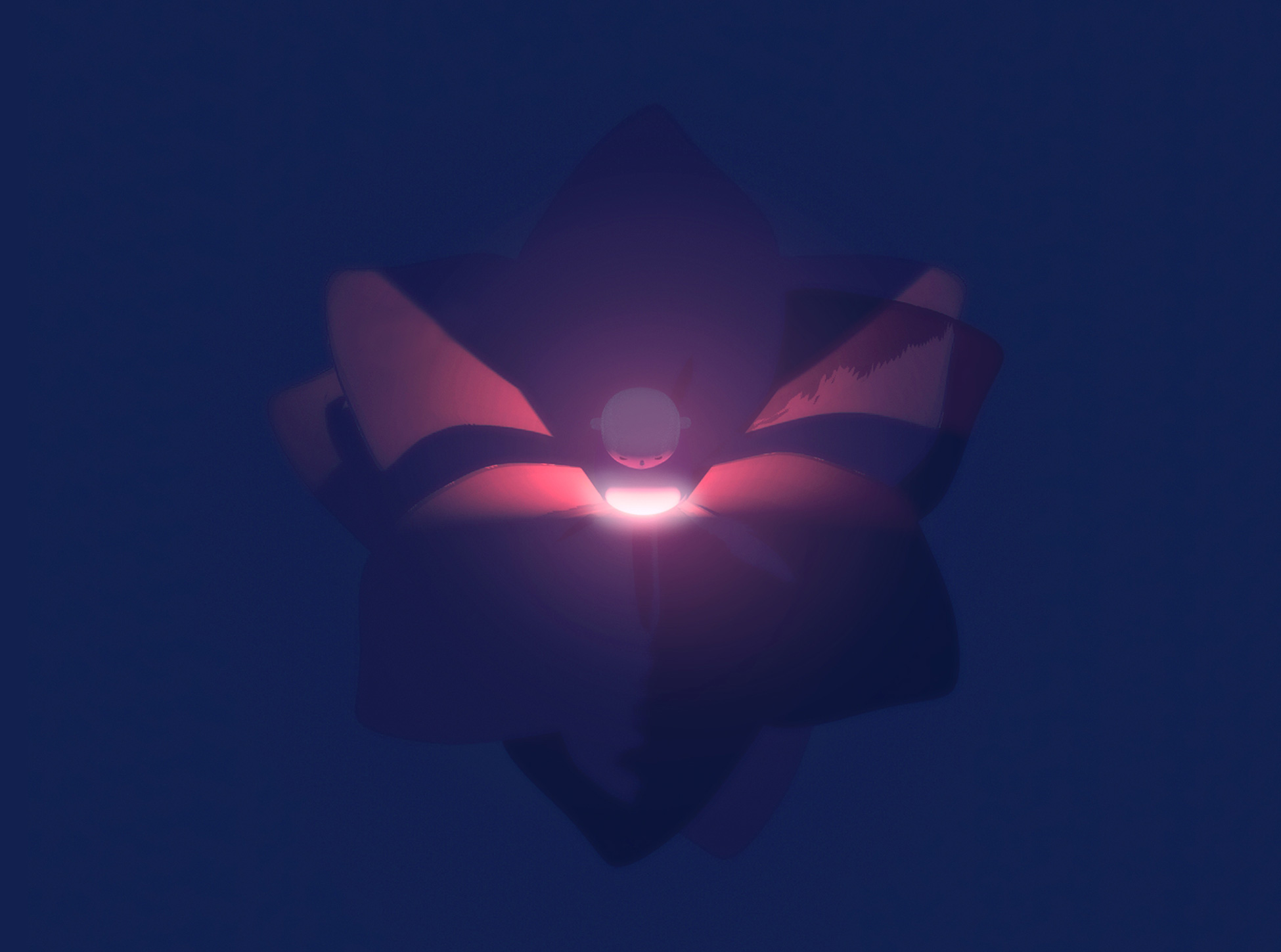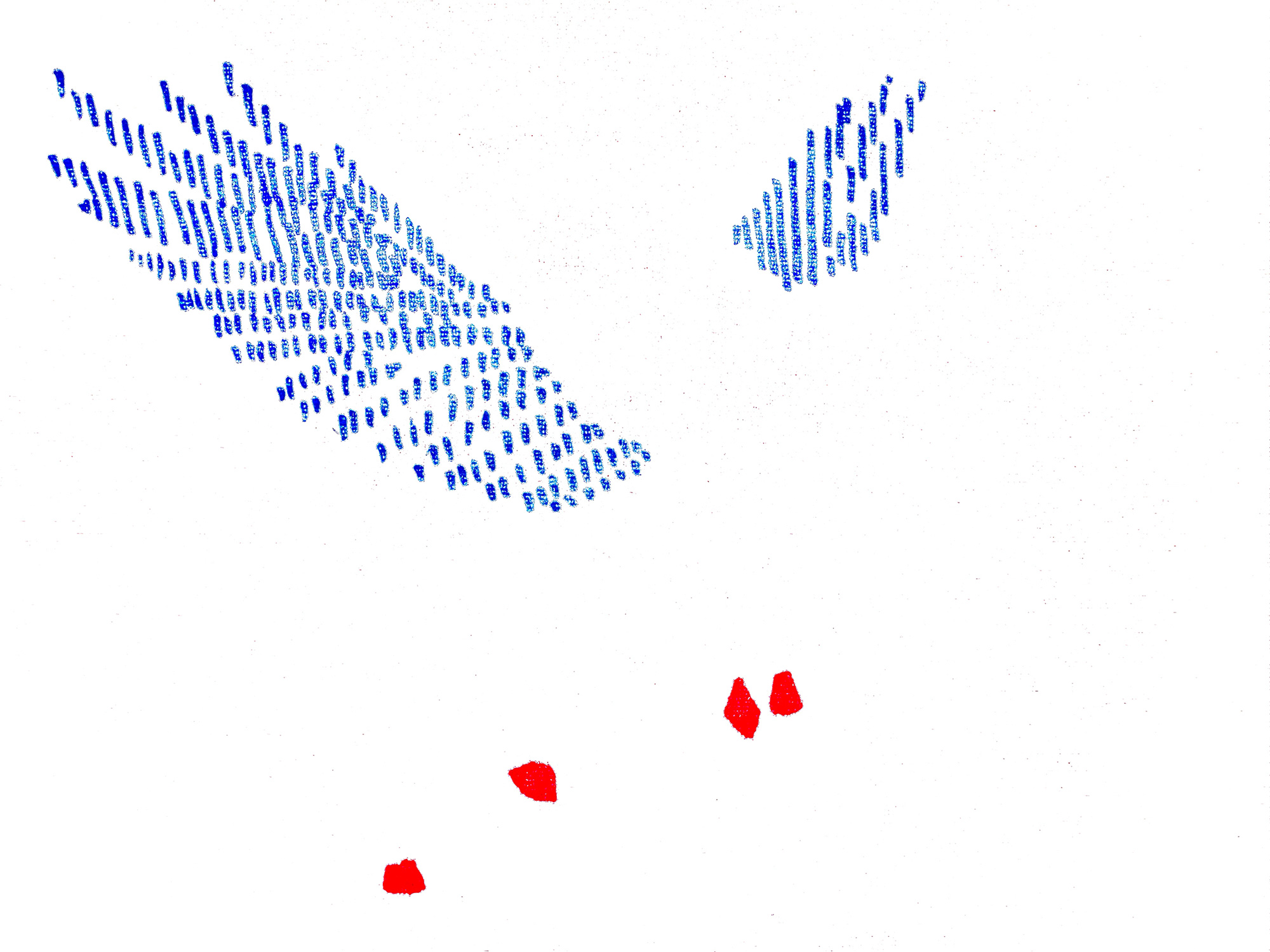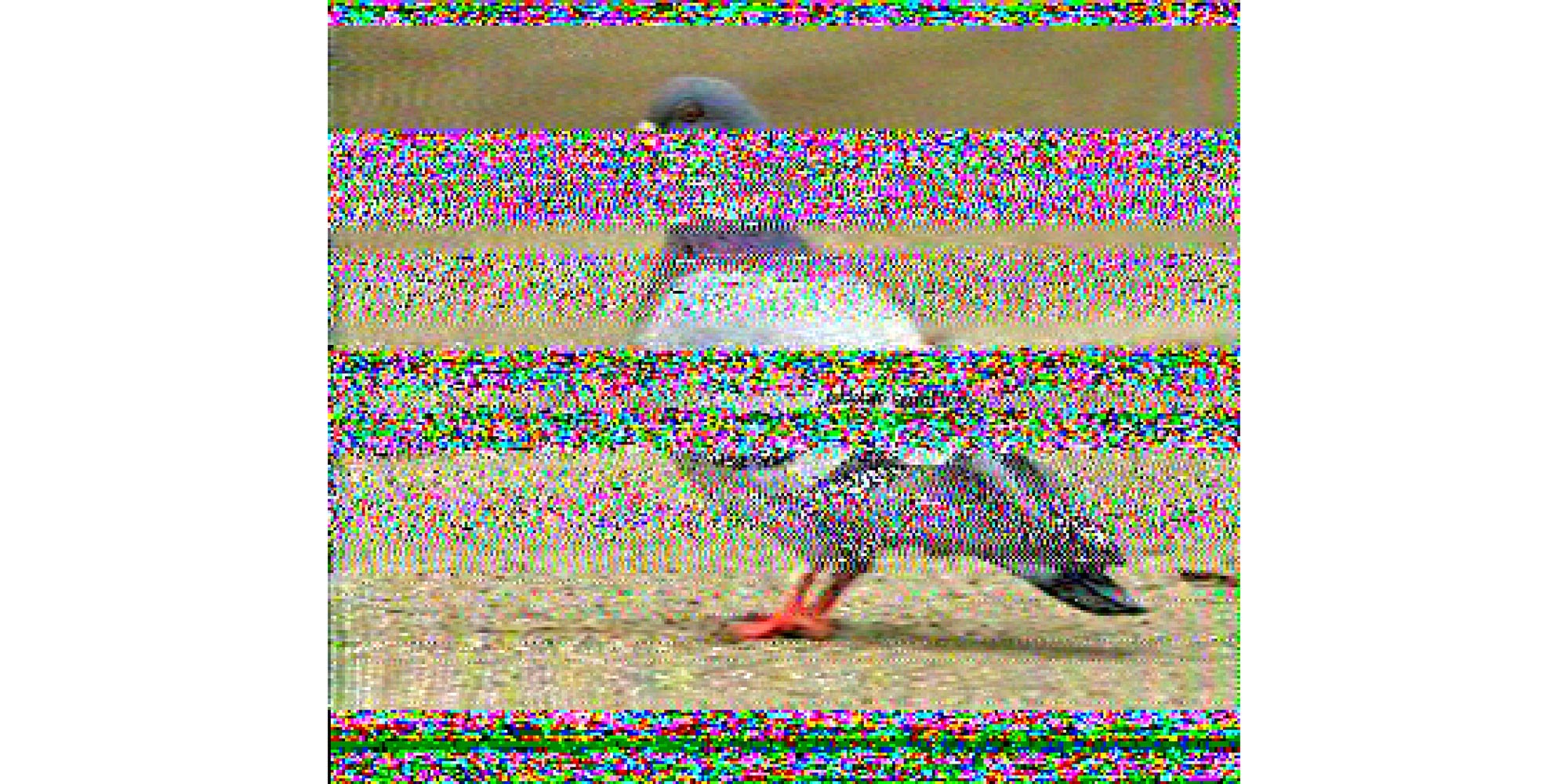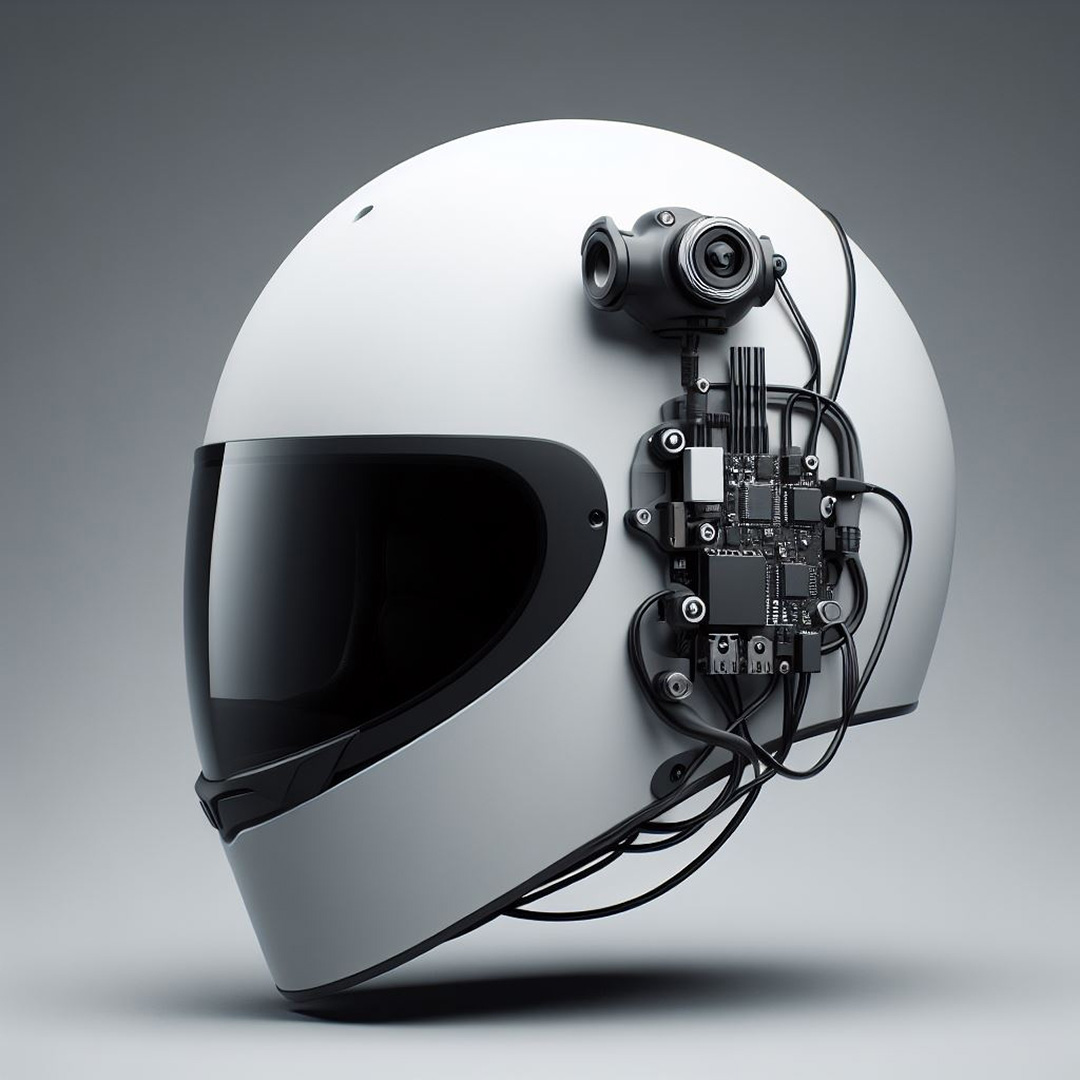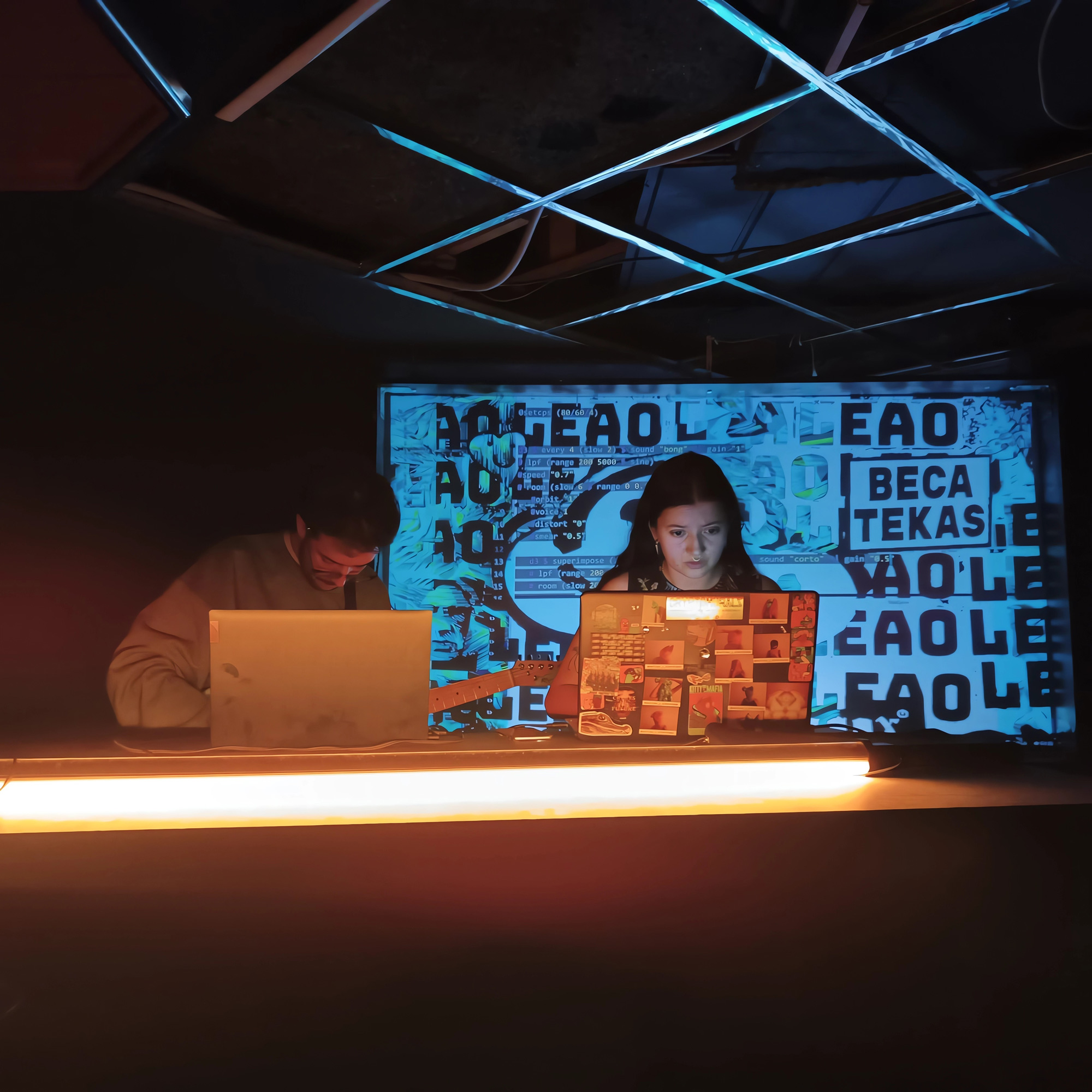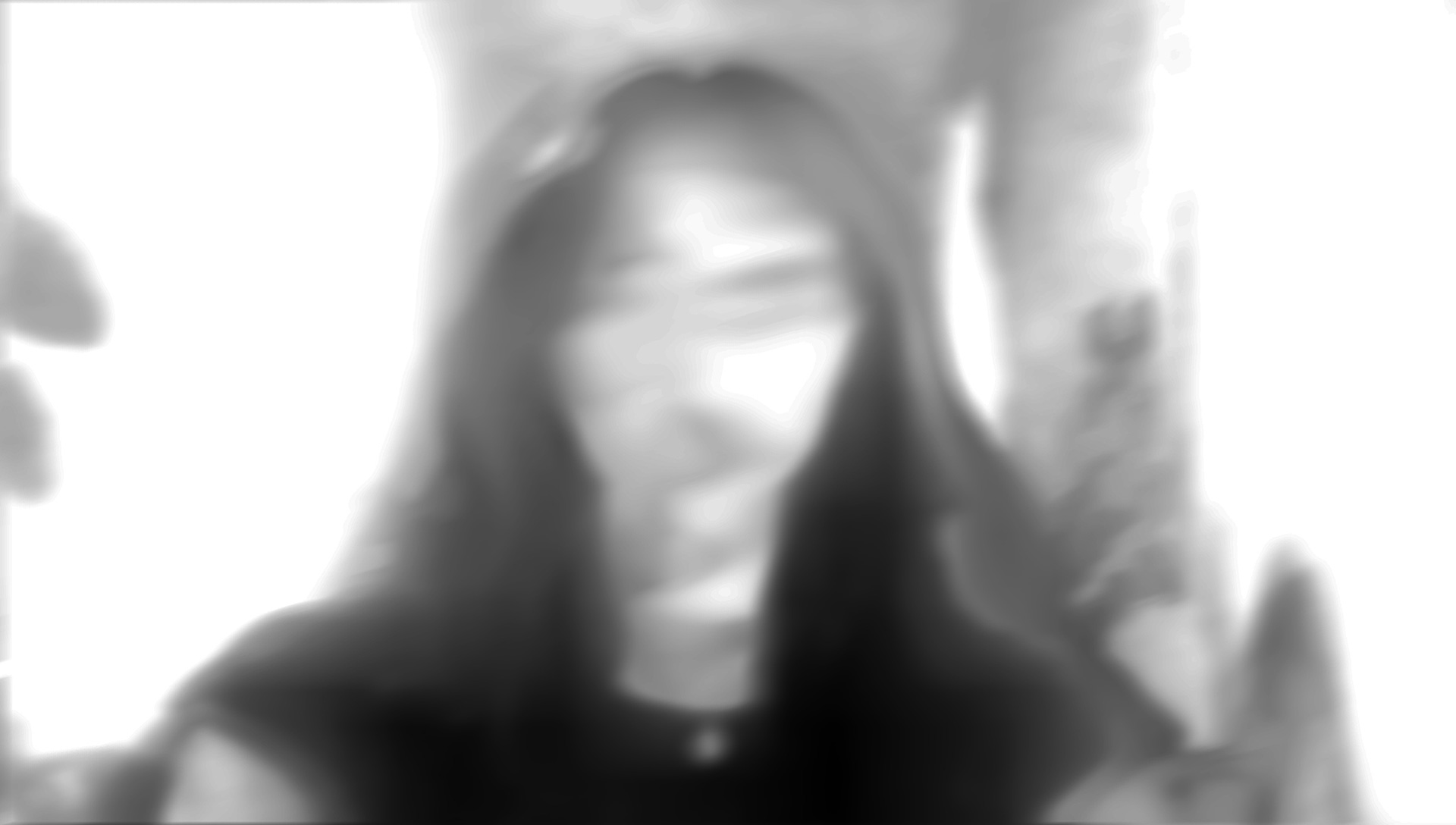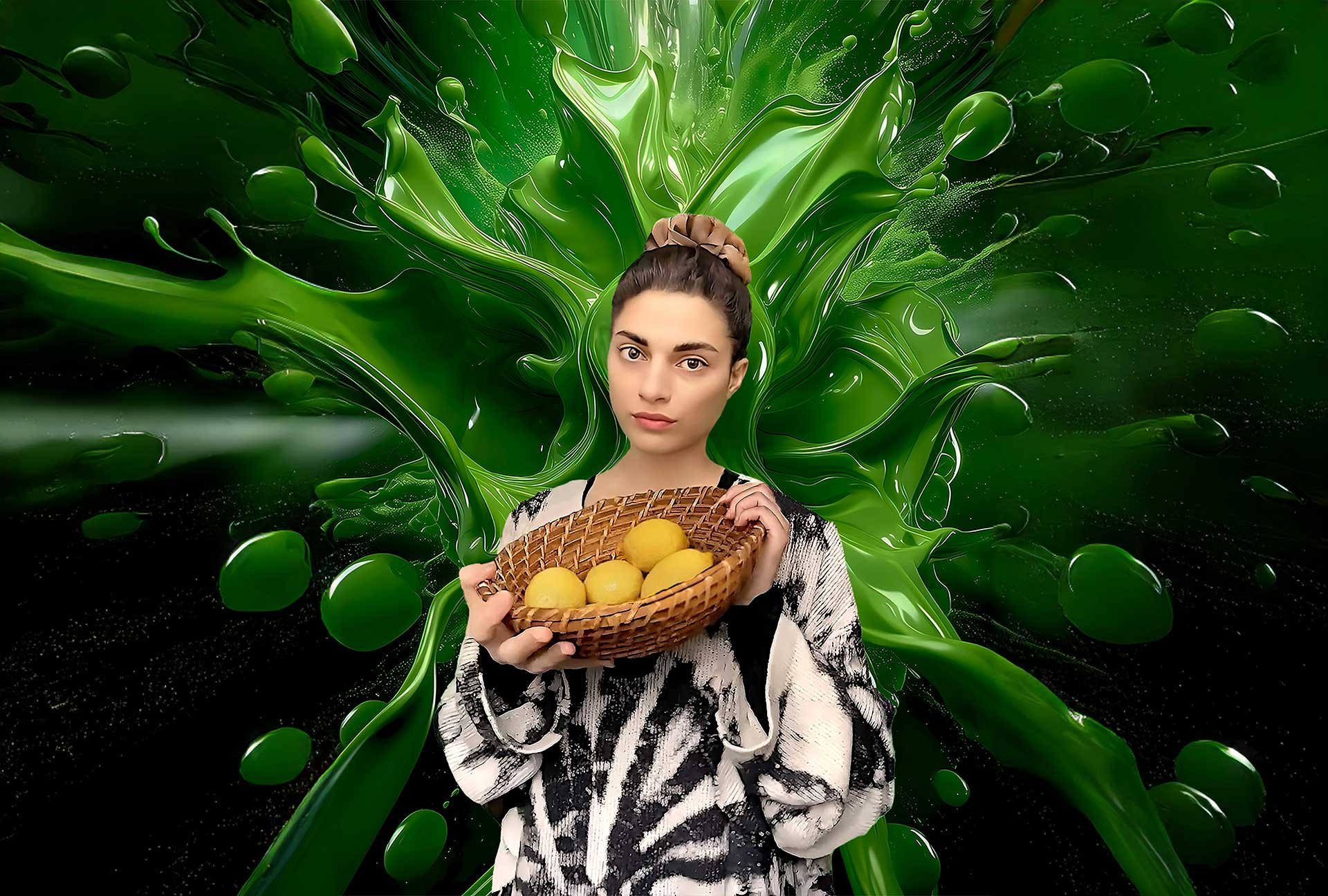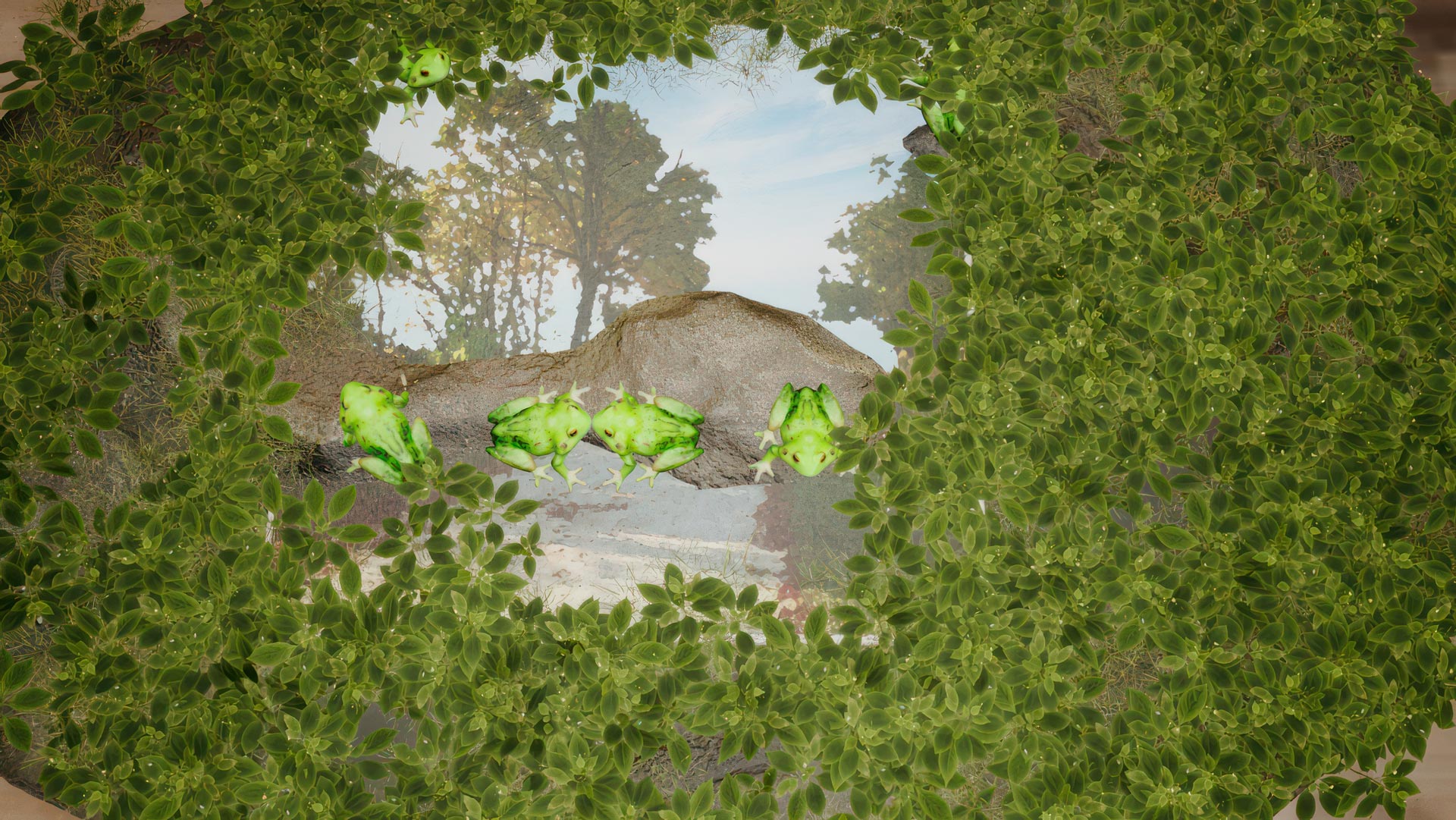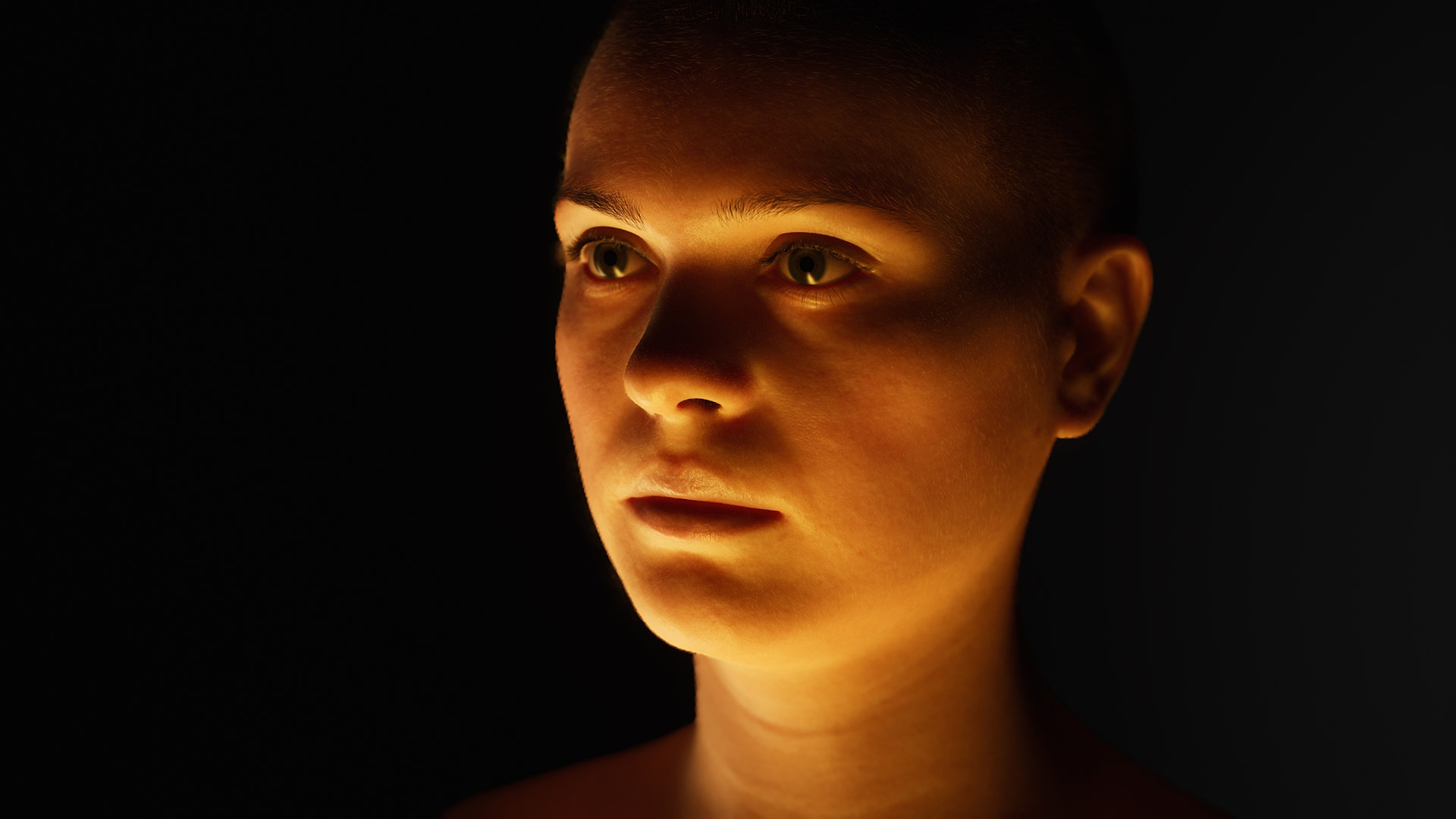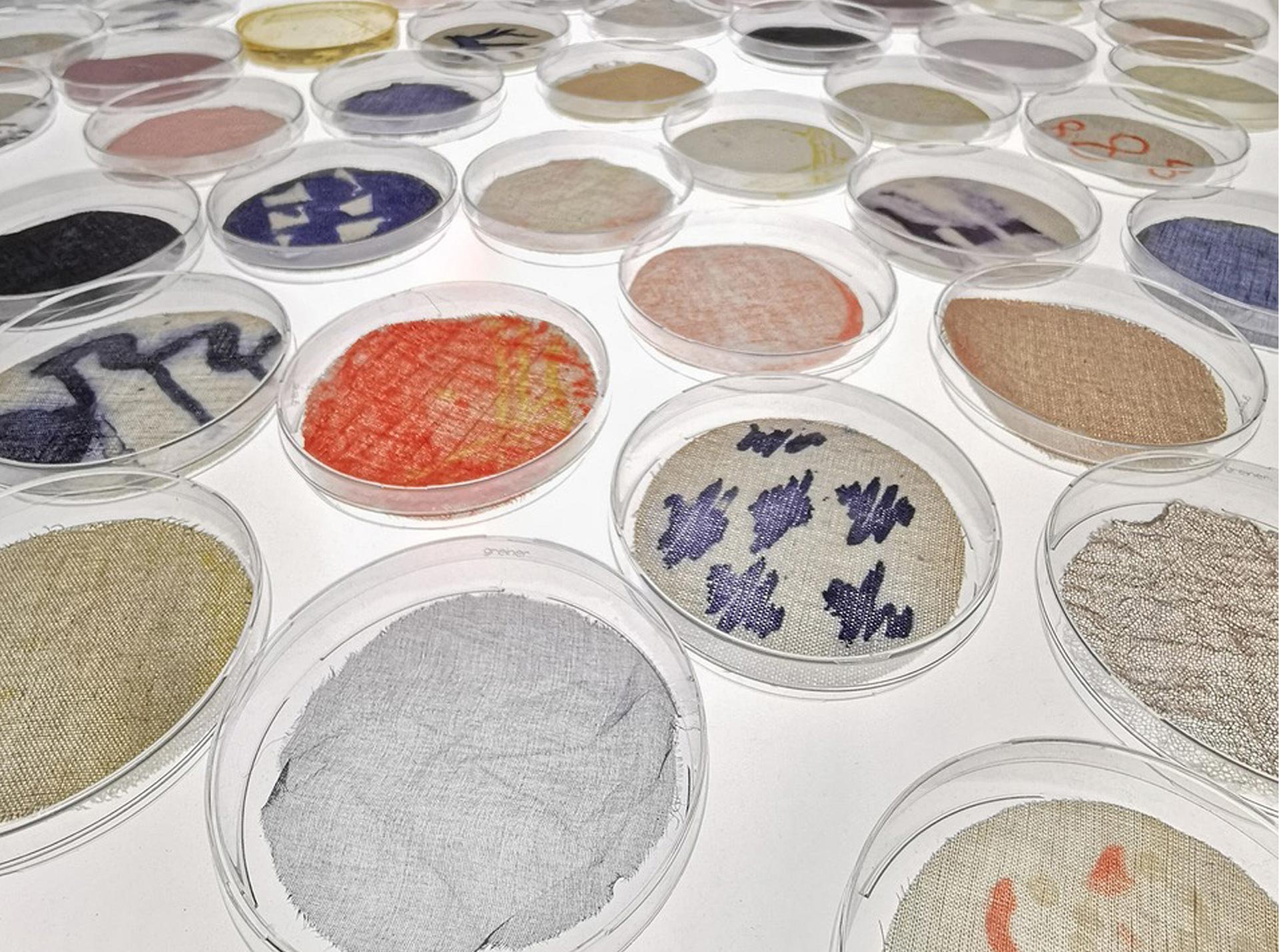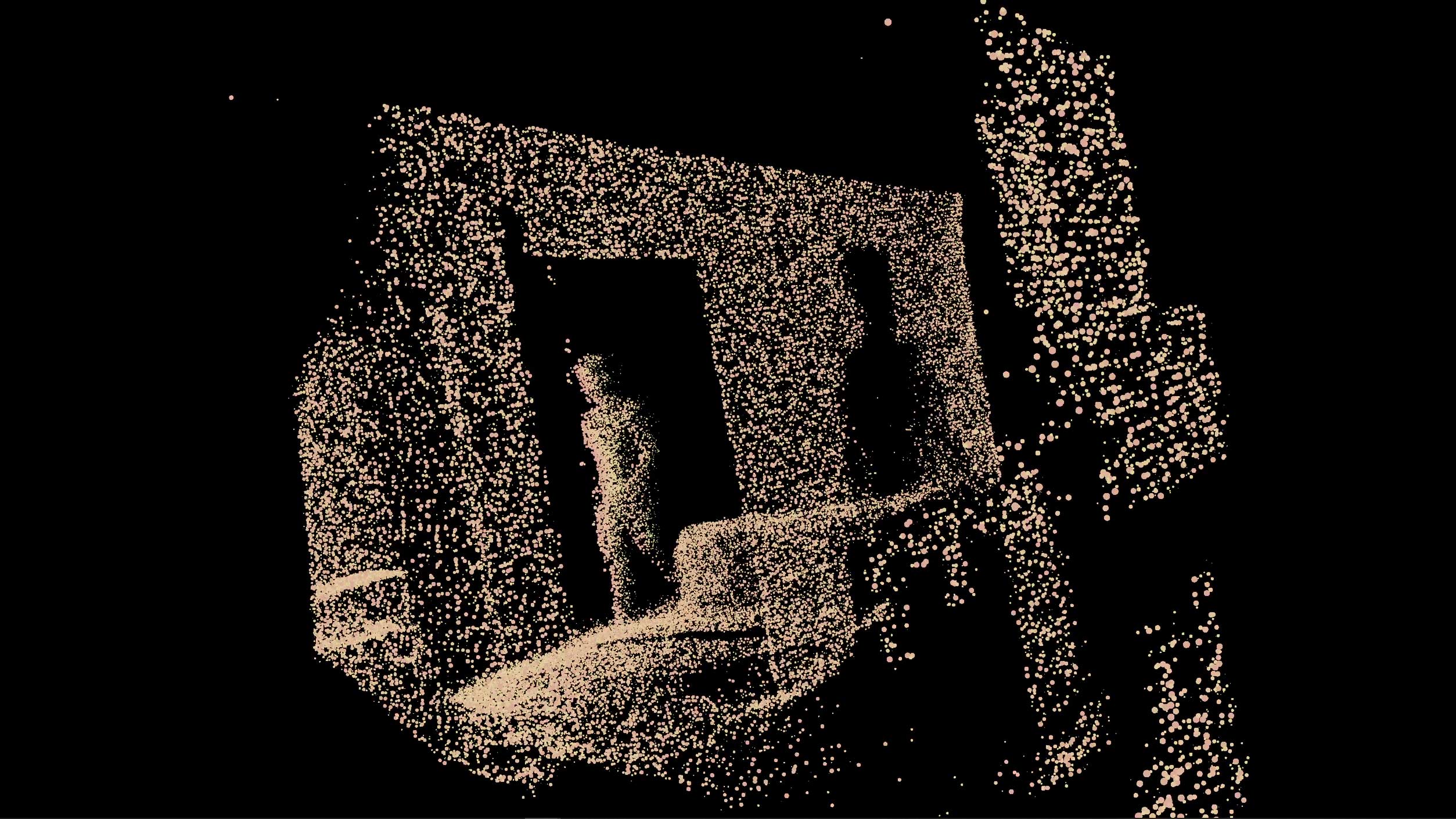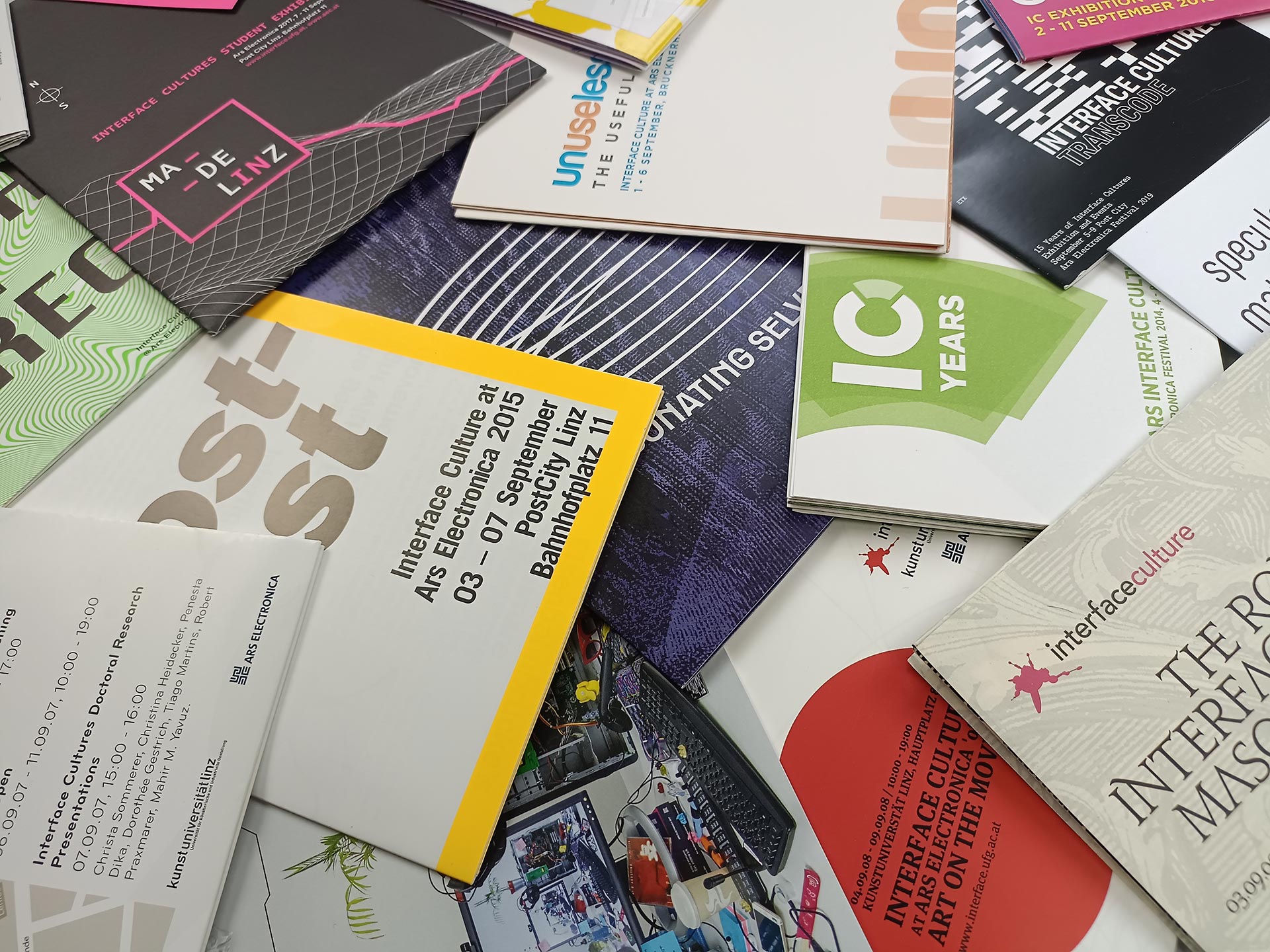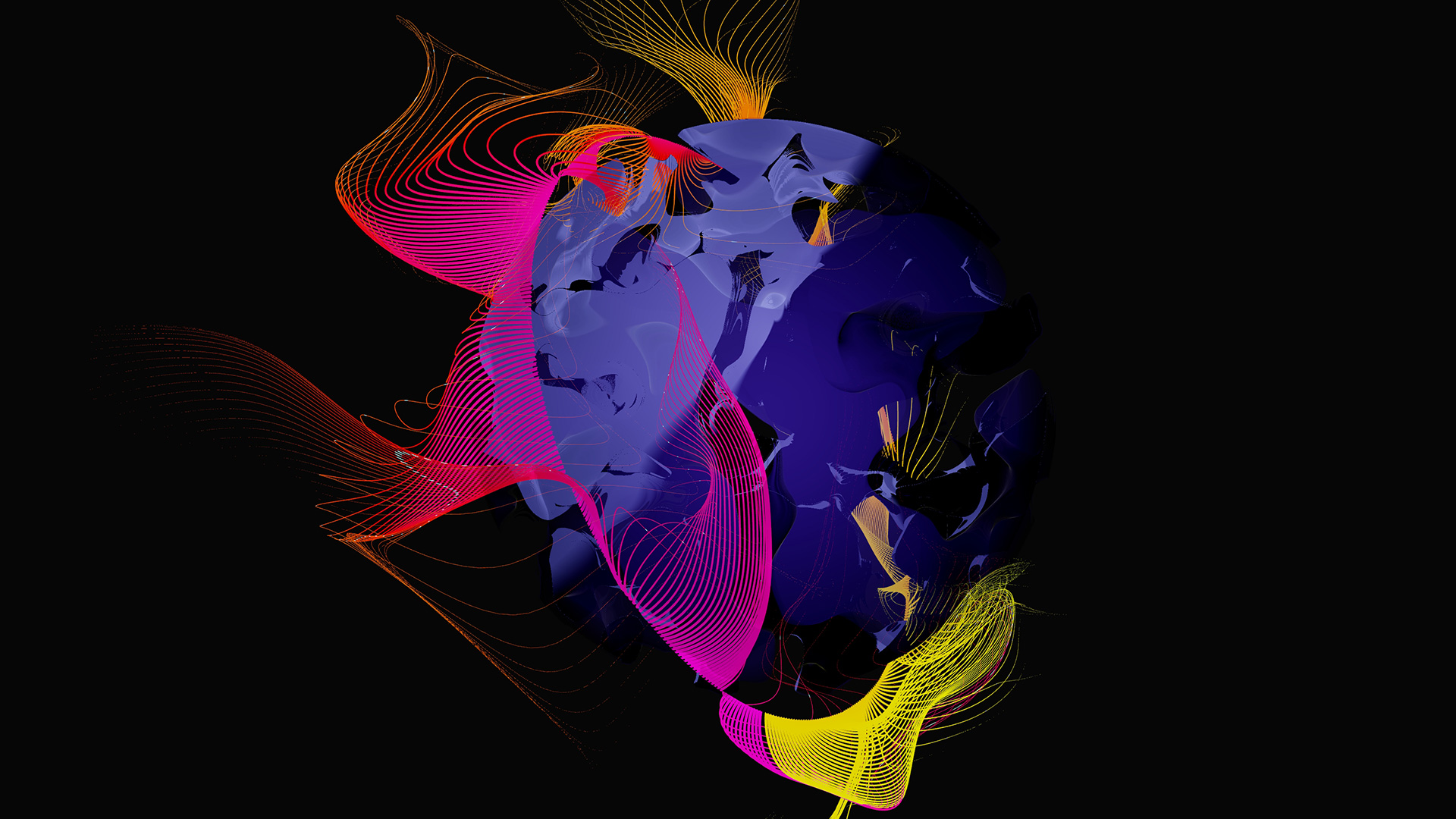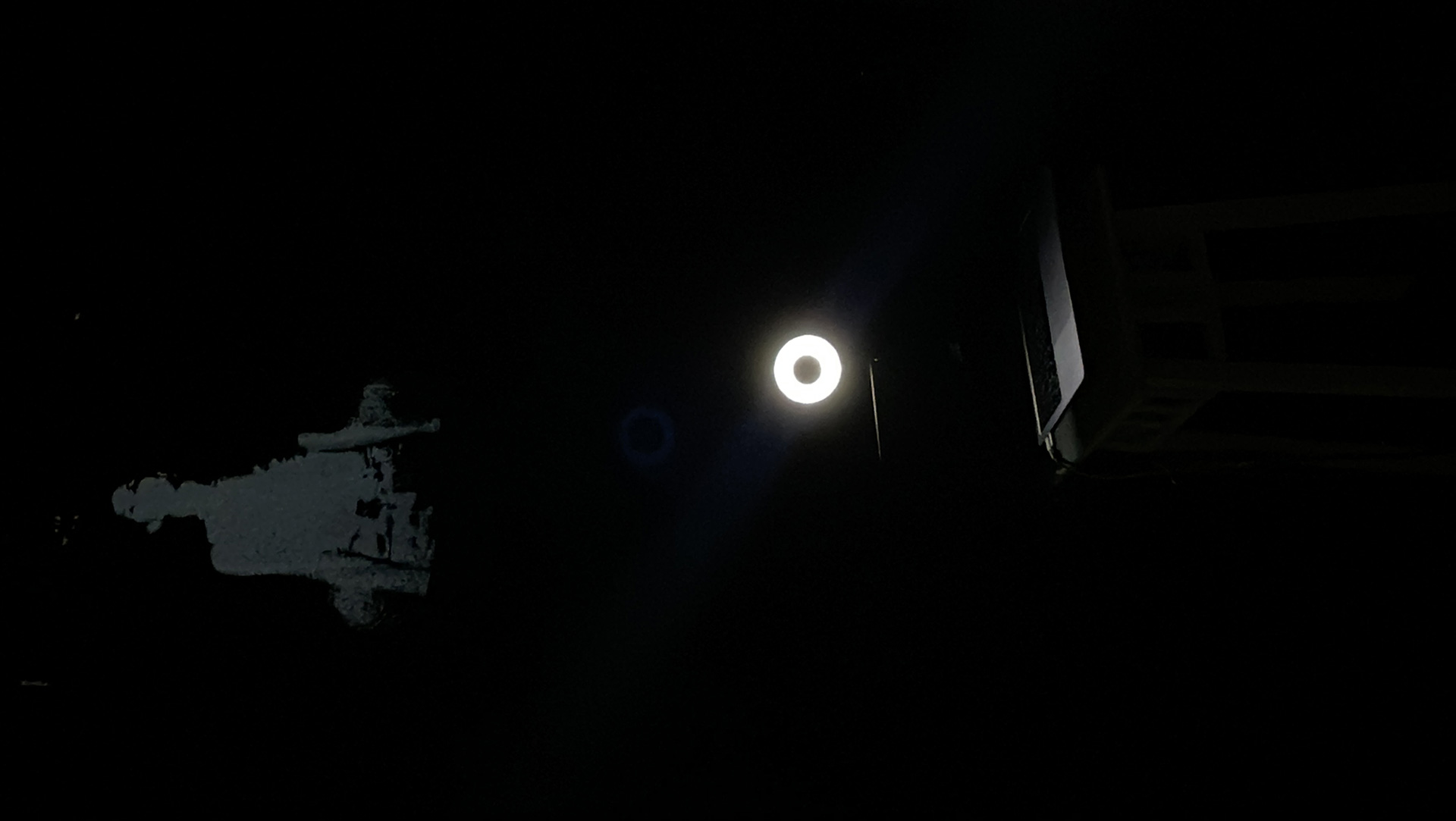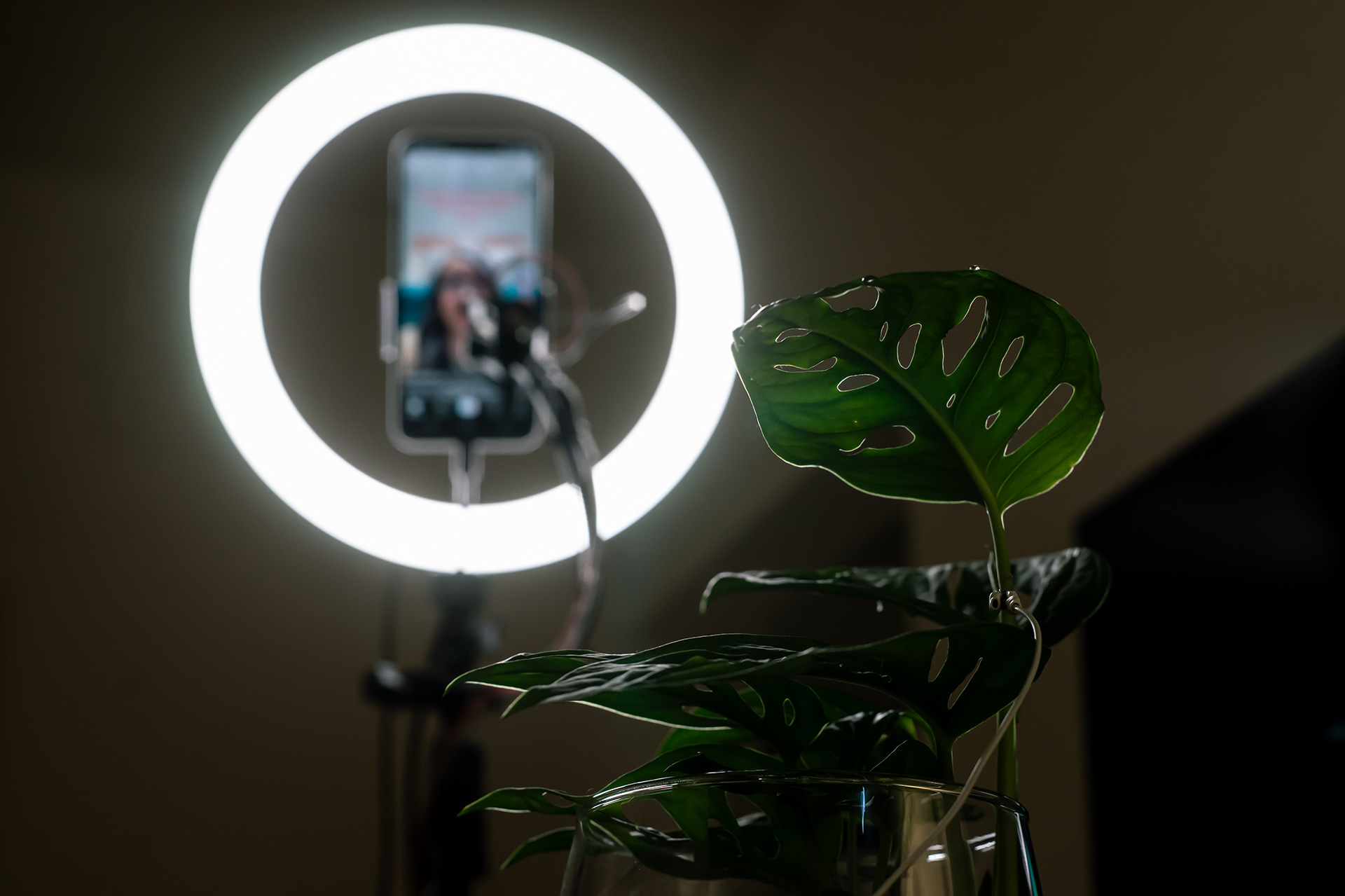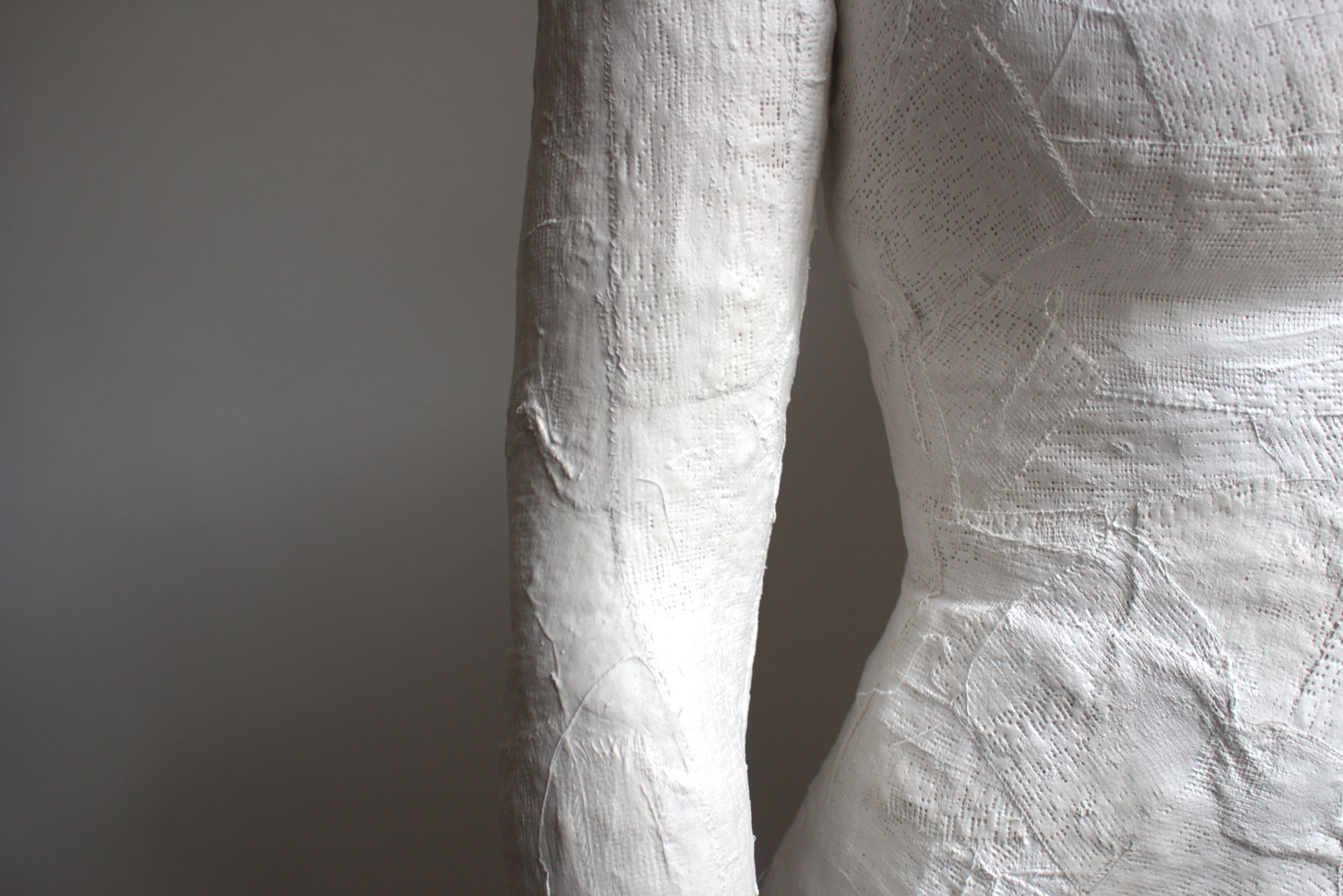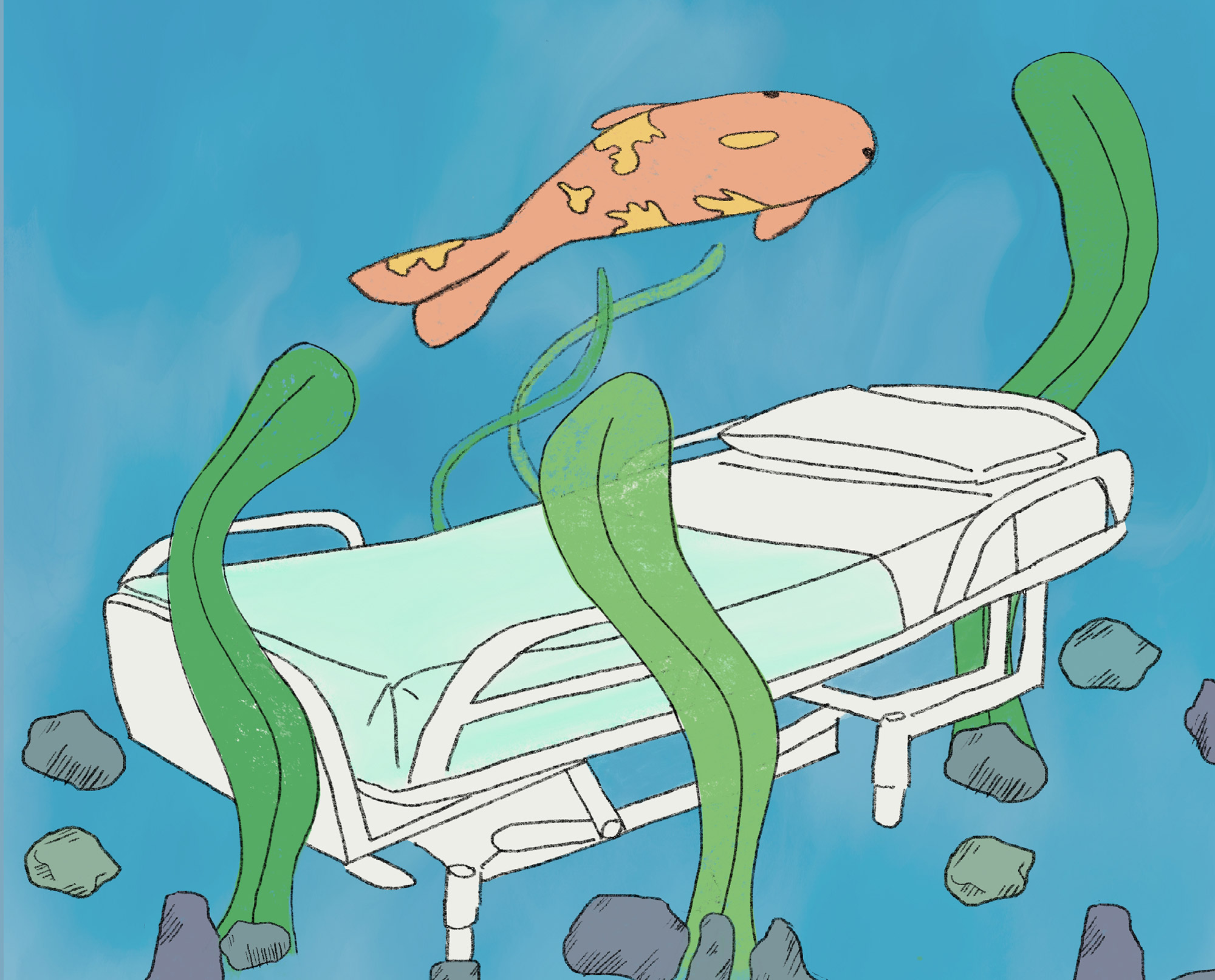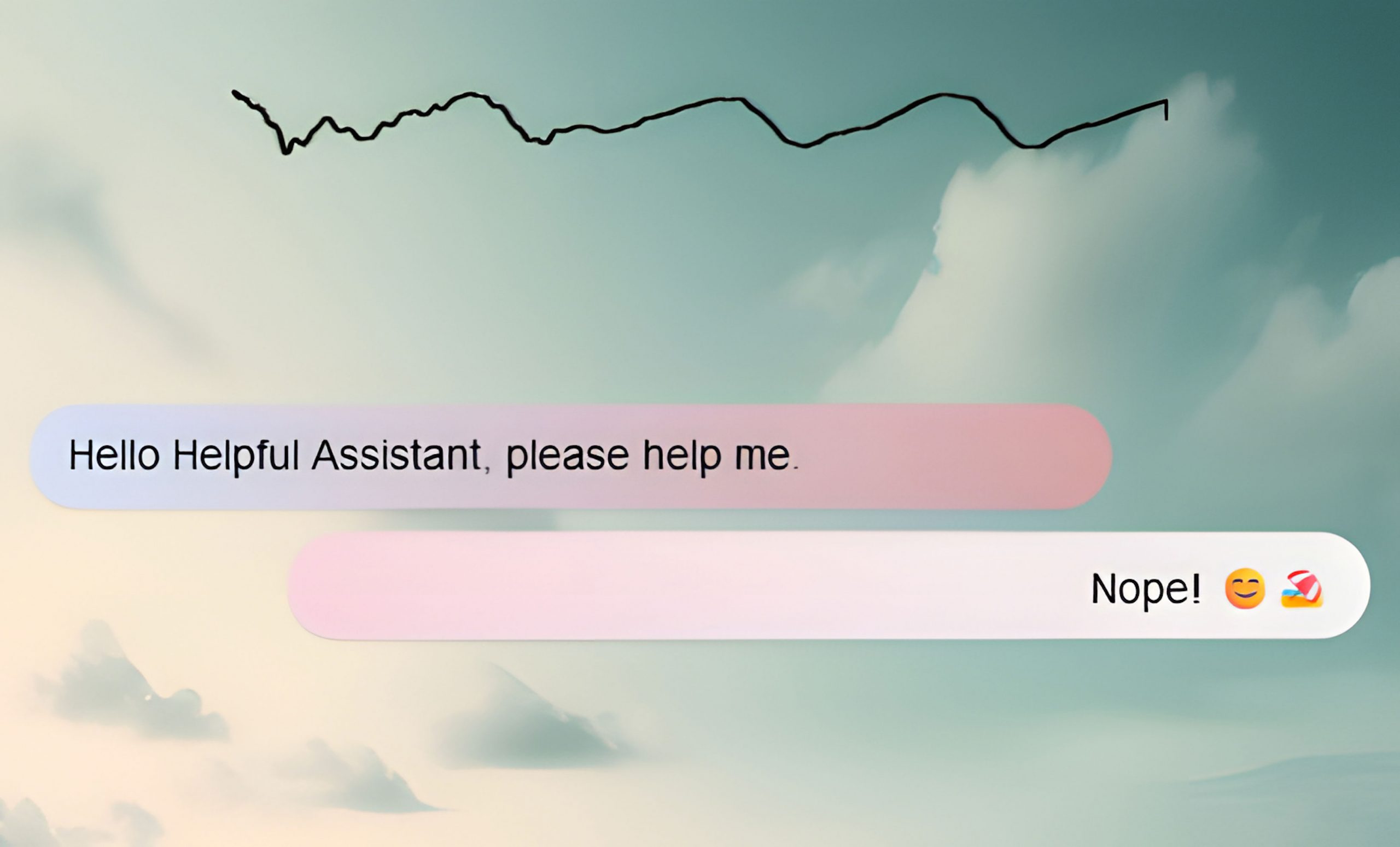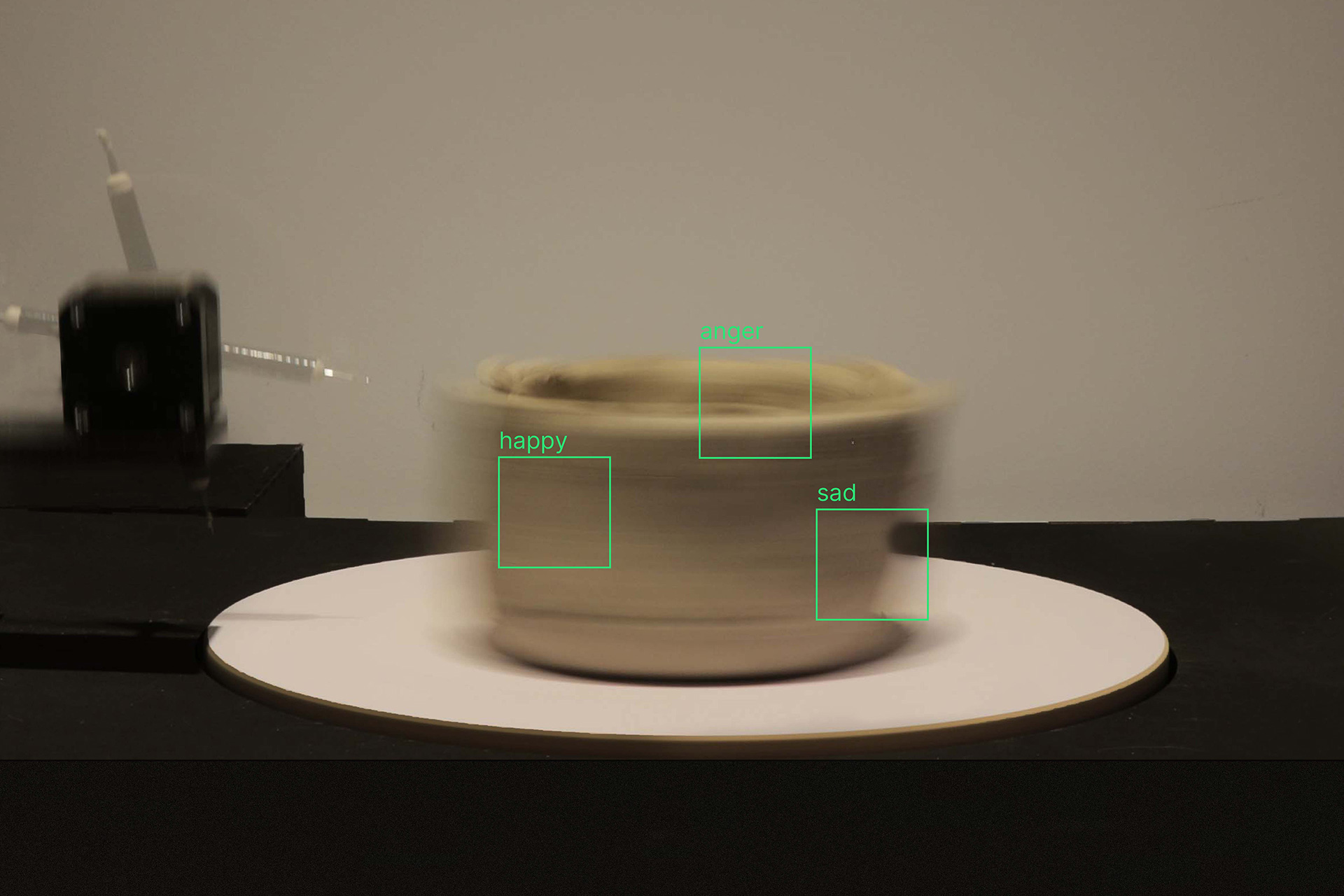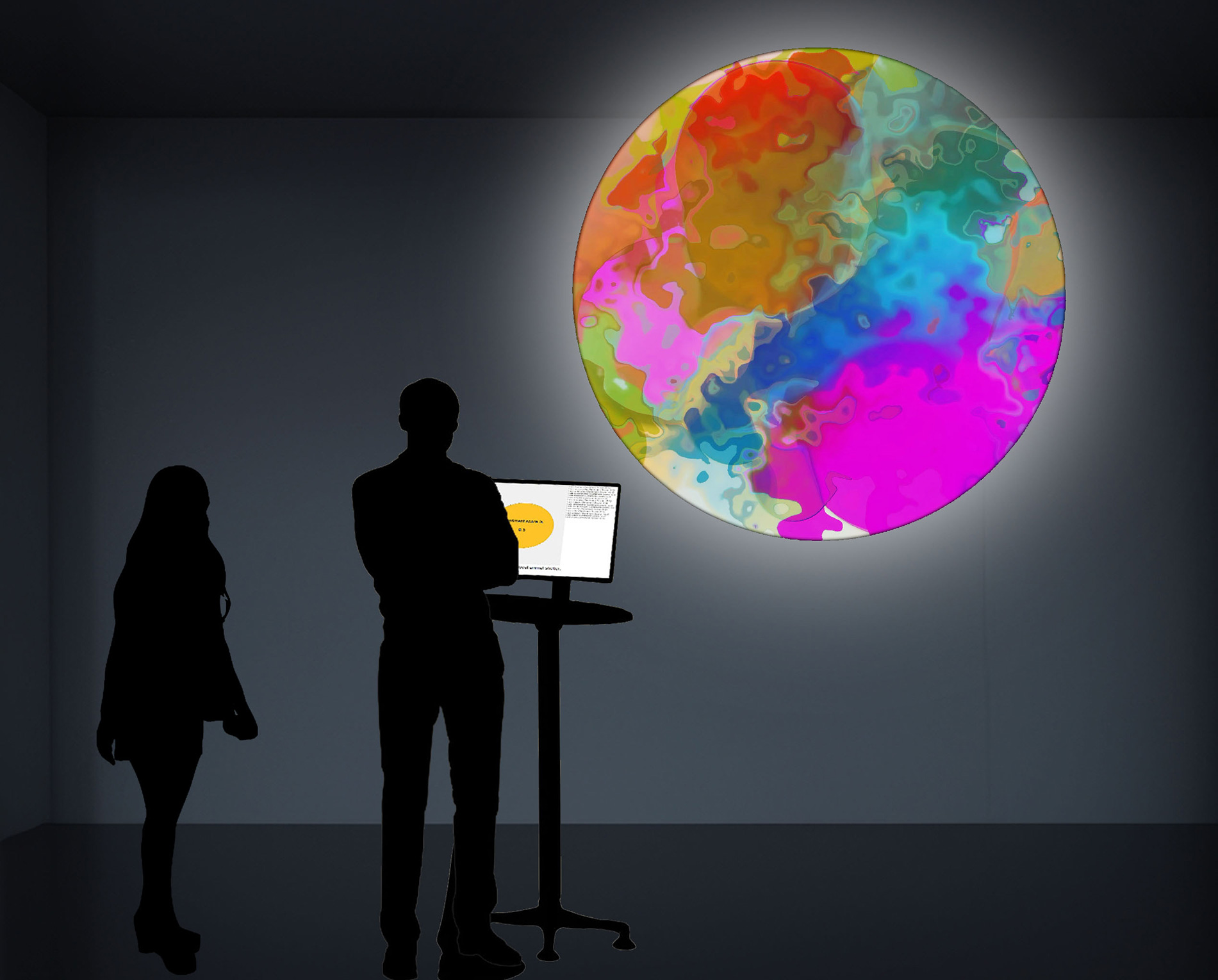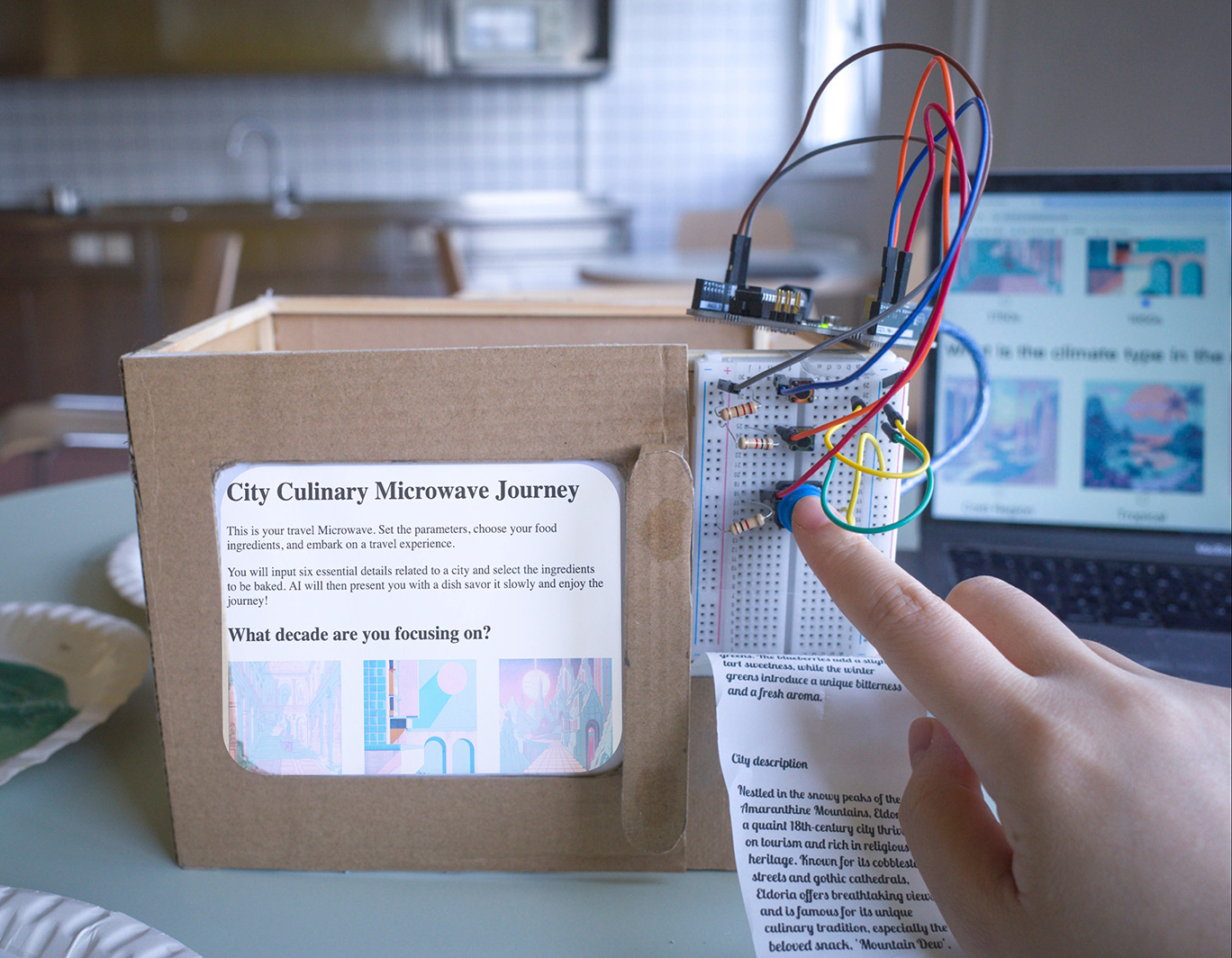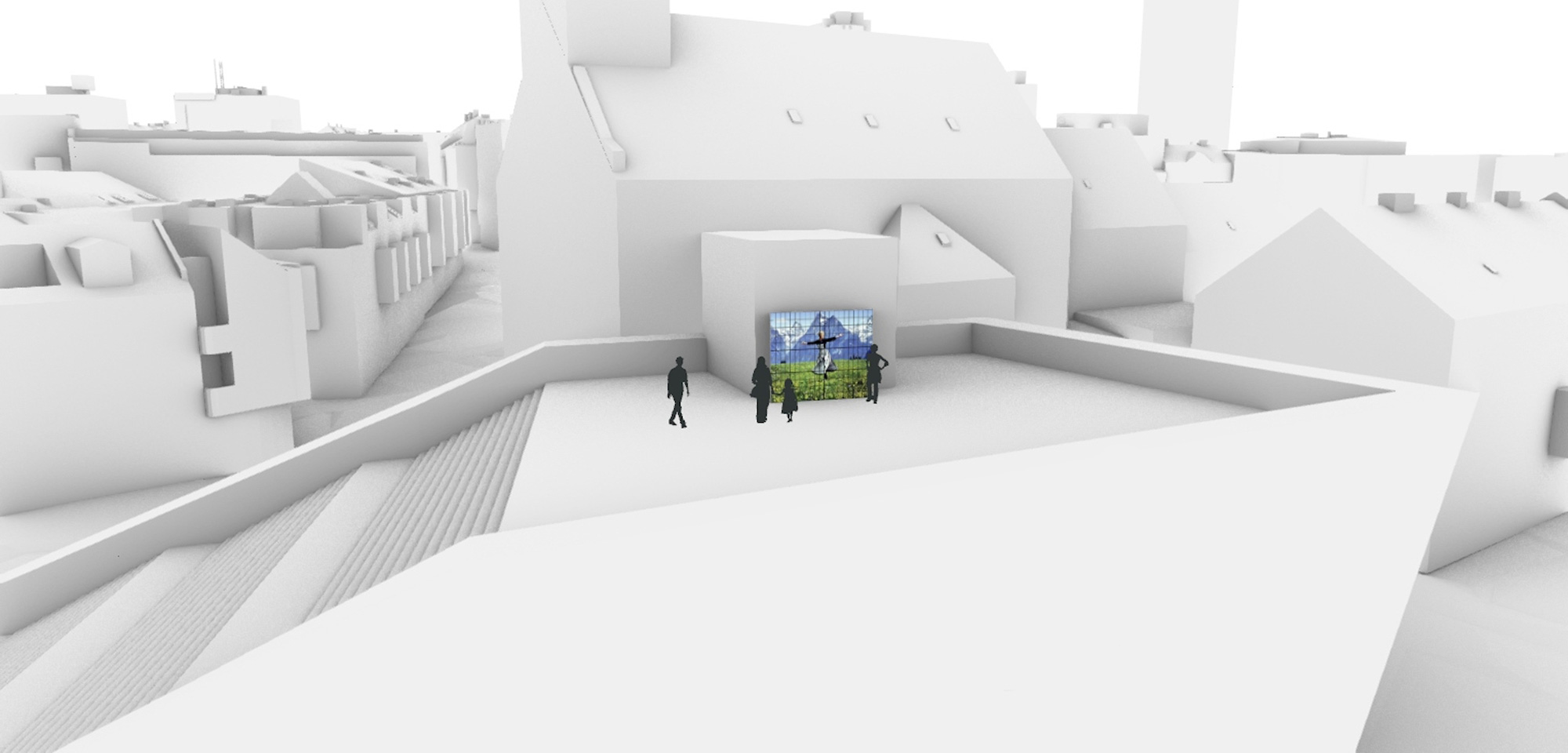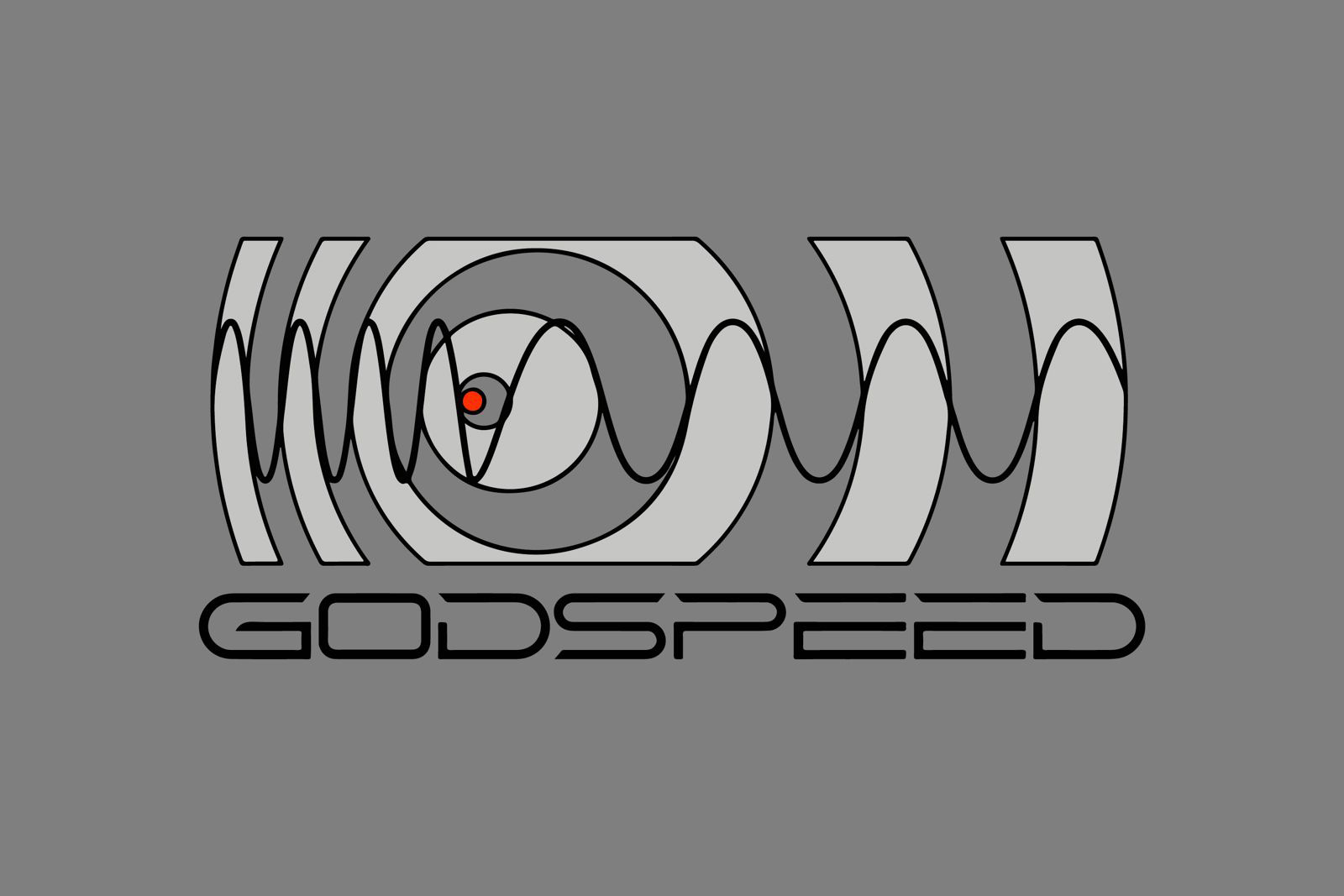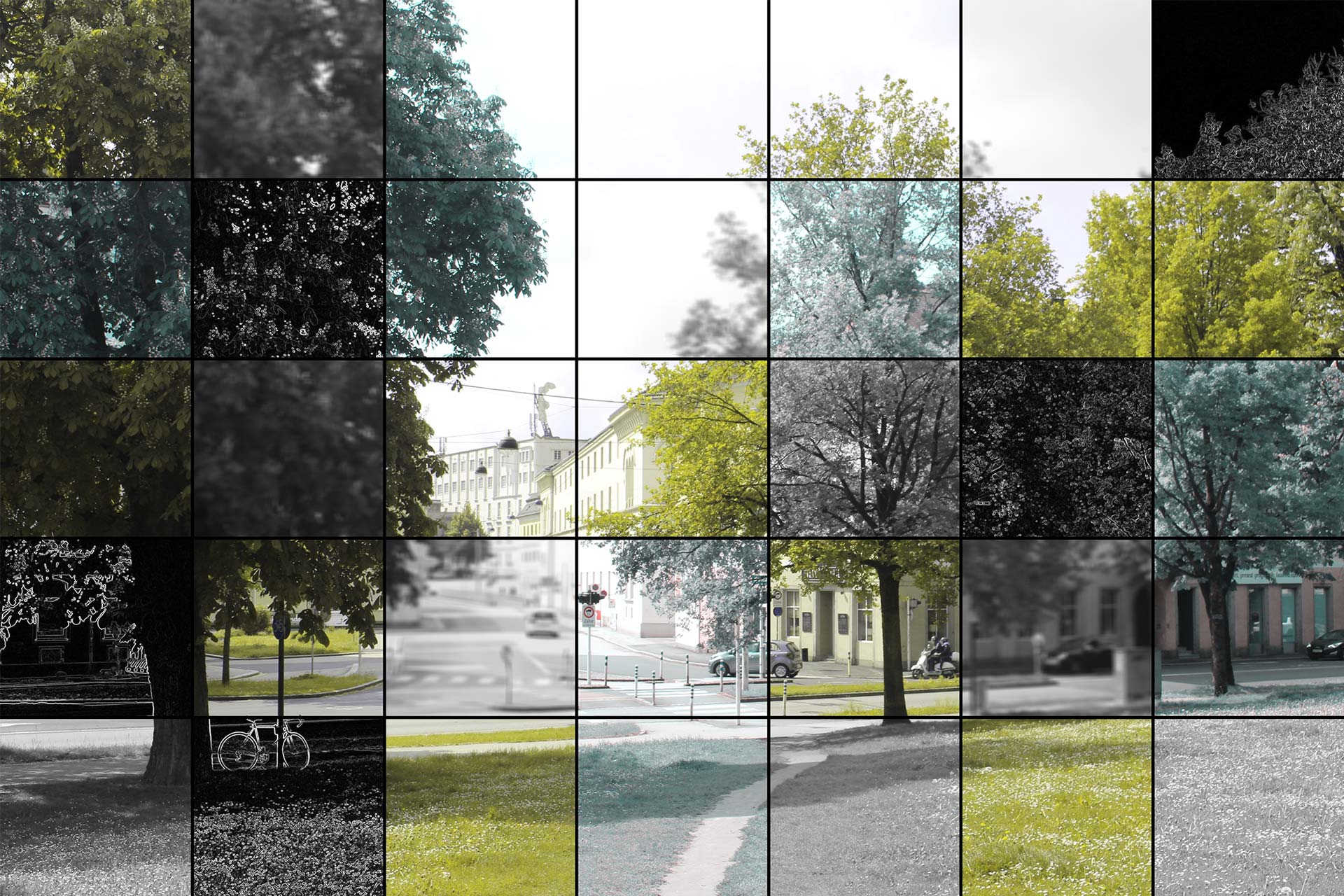Interface Cultures, Master’s programme
The Interface Cultures department turns twenty this year! Now, it is a common trait of any anniversary, and particularly ones that conclude a decade, to make you reflect on the past, present and future. It is similar with an institution; anniversaries cause us to marvel at how many people have contributed to its evolution, and how many more will do so in times to come.
NOUS, the title of this year’s IC exhibition at Ars Electronica, picks up on this spirit of intro-spection, asking what IC has been, what it is and what it will become. NOUS. French for “we”. But what is this “we” exactly? Is it something that keeps changing? It would be tempting to say yes. After all, in the field of digital art, which reacts quickly to the advances in technology, nothing stays the same for long. Fancy an example? Since the official initiation of IC in 2004, the density of transistors on computer processors has increased from 1.4 to 144 million—per square millimeter! And let’s not get us started on the whole AI thing. But there is more to it. We like to think that IC encompasses a definitive stance and creative approach, rooted in addressing the complexities of technology with artistic curiosity. NOUS does not stay within the confines of the department. It is open and collaborative, characterized by plurality of thought and a willingness to learn new things. In this sense all the artworks in this IC exhibition share the same DNA with works in previous years, reflecting the continuity of the IC stance. At the same time, students’ highly personal and individual artistic explorations, their manifold interests and innovation, are manifested and realized in an ever-shifting technological framework.
One layer deeper, NOUS also represents philosophical concepts from antiquity used to grapple with the nature of reality and cognition, fundamental questions of how we are able to understand, recognize and think. These questions are never entirely answered and are revisited to this day with the epistemological tools at hand. Knowledge and technology changes, but some questions always remain. But for sure there are many styles in trying to understand and make sense of the world. Just as Ars Electronica has done so brilliantly since its founding, IC seeks to do so by mediating art, technology and society. Together, we will continue on this path through this tumultuous time we call the digital age.
Faculty: Manuela Naveau, Laurent Mignonneau, Fabricio Lamoncha, Michaela Ortner, Gertrude Hörlesberger, Alexander Wöran
